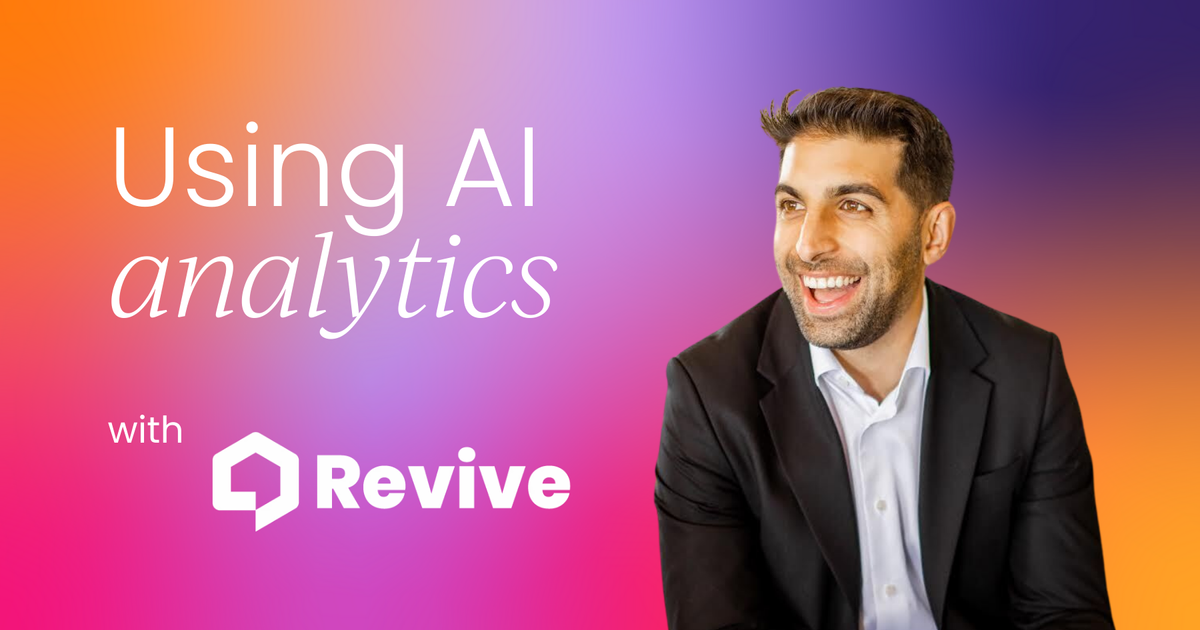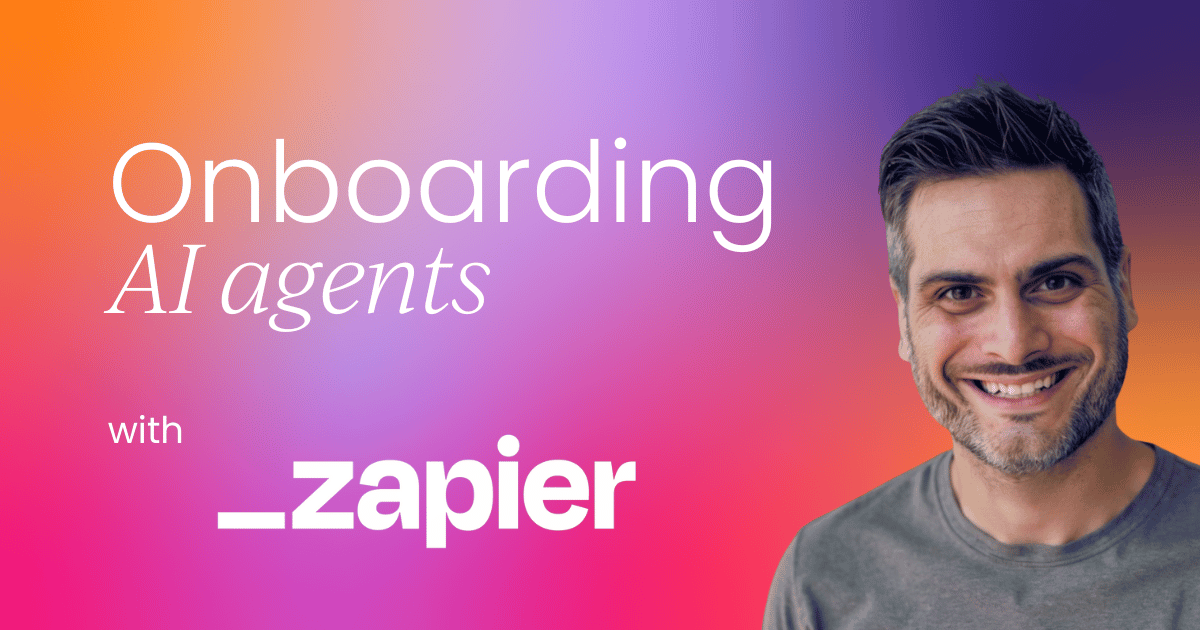As RevOps professionals, we’ve all been there. We start a new job, and it feels like we’re thrown into the deep end. I’m talking about those first few days when you get a new task, and the instructions are… well, let’s call them a bit vague.
Picture this: someone tells you, “Go figure out our competitors,” and doesn’t tell you who they are. Or how about, “Send out emails to SDRs, but we won’t give you the format”? It’s like a bad first day on the job.
That’s exactly how we treat AI in many cases today.
AI agents are more than just a tool – they’re team members. And if we want them to succeed, we need to onboard them the right way. Just like you would onboard a new hire, AI agents need clear roles, access, training, and feedback loops.
Let’s dive into how we can onboard AI agents like people and how that leads to 10x RevOps results.
Why onboarding AI like people matters
Onboarding isn’t just for new employees – it's also for the tools we bring into our teams, especially AI. However, when it comes to AI, a lot of us still treat it like it's a “magic button” that will solve everything without the necessary setup. That’s where things go wrong.
Think of it this way: you’re new to a job, and you get handed a bunch of tasks with no clear instructions. You're expected to know things you don't, be good at things you haven’t learned yet, and, of course, do it all perfectly.
We wouldn’t treat a new hire this way, so why do we treat AI agents like this? If you just “plug in” an AI agent and expect it to start delivering results right away, you're setting it up to fail.
Here’s the truth: AI agents are like interns. They may be smart, but they need context, training, and clear instructions to succeed. When I say "onboarding AI like people," I mean giving them a role, the right access, proper training, feedback, and clear measures of success.
If you’re not giving your AI agent these things, you’re basically telling this new intern to research competitors but not giving them any resources or directions. It just doesn’t work.

Understanding AI agents: What exactly are they?
Before we can onboard AI agents properly, we need to understand what they actually are and how they fit into our workflows.
I’ll start by saying this: AI agents are more than just simple automation tools. They’re designed to handle tasks that can evolve and adapt over time.
In RevOps, we already use AI in a lot of ways, like in chatbots, data entry automation, or even basic sales workflows. But when it comes to AI agents, we're talking about something a little more dynamic and intelligent – something that works like an intern who doesn’t need a specific prompt to get started.
AI in RevOps
AI agents aren’t just chatbots that only respond to questions or a workflow automation that performs a simple task. AI agents can handle much more complex and ongoing tasks.
For example, you could set up an AI agent to run competitive analysis every day at 8 am, gather the latest updates about your competitors, and send them to your Slack channel.
It’s like having someone who works tirelessly, improves over time, and learns from its own actions.
The role of AI agents in the workflow
Unlike a typical automation tool, which simply executes one-off tasks, an AI agent can be a more holistic solution.
For instance, while Zapier automates workflows, an AI agent can proactively monitor these workflows and make decisions based on the data it has access to. It’s much more dynamic.



 8 min read
8 min read
 Follow us on LinkedIn
Follow us on LinkedIn





